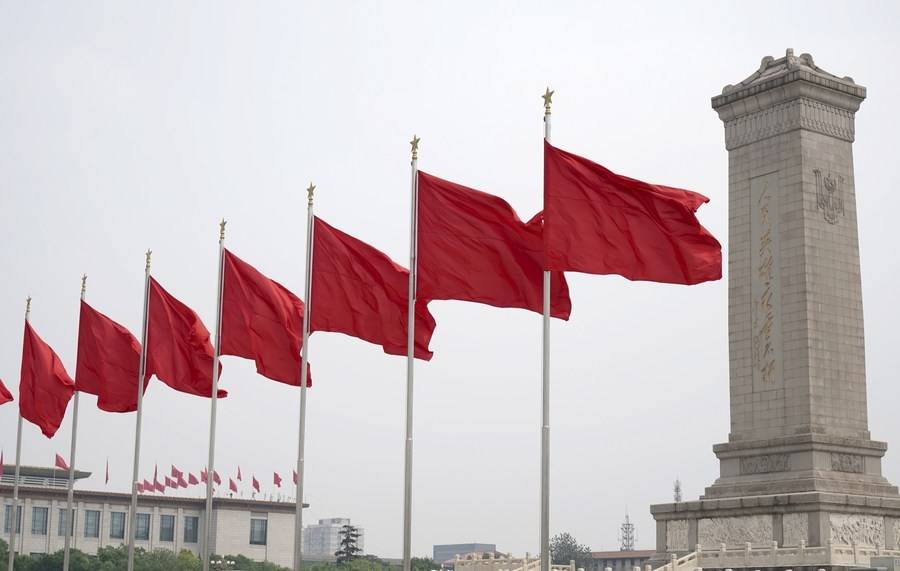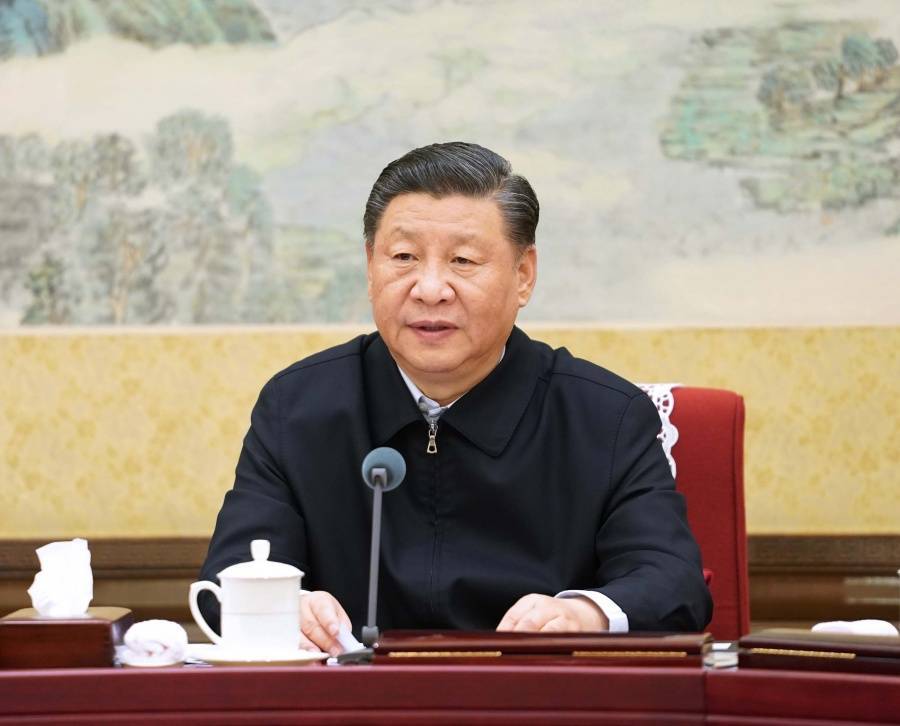According to the report, most of the data is collected from traditional bases such as economic, criminal, and administrative records, along with prevailing data from registry agencies along with third-party networks such as connected credit stages….reports Asian Lite News
As Beijing has imposed a social credit system nationwide to measure the reliability of individuals and corporations, the European Chamber of Commerce in China in its report has said the foreign firms, are worried about huge data transfers that are prospective to contain sensitive data, such as technical specifics and personnel information as it can become problematic to foreign businesses.
In its report, Poreg, Political Research Group said that China’s social credit system, by its extensive characterisation, is a set of records and initiatives that evaluate and measure the reliability of individuals, corporations, and administration units. Respectively social credit scores are given, with rewards for those who have a better evaluation and reprimands for those with worse performance.
These Chinese brand social credit databases are controlled by the top economic planner, the National Development and Reform Commission (NDRC), the People’s Bank of China (PBOC) and the nation’s court organization.
“The European Chamber of Commerce in China in 2019 through a report published on the corporate social credit system asserted that the reward instrument is not as established as the punitive sanction component. Companies, predominantly foreign firms, are worried about huge data transfers that are prospective to contain sensitive data, such as technical specifics and personnel information. The standards remain ambiguous and could be problematic to sidestep, mainly for foreign businesses,” said the report.
According to the report, most of the data is collected from traditional bases such as economic, criminal, and administrative records, along with prevailing data from registry agencies along with third-party networks such as connected credit stages.
The Chinese government is also investigating with amassing data and research through filmed observation and simultaneous data transferences, for instance monitoring emission statistics from workshops, even though these are not seen as principal sources, said the report.

It further said that there are different kinds of credit rating systems providing for personalities and establishments in other states, but the Chinese variety is correspondingly capable of escalating interference from individual credit to other characteristics of life that comprise bill expenses and illegal convictions.
In 2019, the People’s Bank of China endeavoured to ease apprehensions that the system was getting too meddling in the lives of the community, clarifying that it had not yet used any data regarding utility expenditures.
China’s central bank also asserted that although the novel scheme was capable of accumulating data regarding water, power and telecommunication bills, such info would be used only with the consent of the persons involved. Various trade clusters are also worried that the blacklisting instrument for seriously suspected units turns the corporate social credit system into an instrument for trade skirmishes. The Chinese Ministry of Commerce in May 2019 declared that it was accumulating an Unreliable Entity List in the background of the trade and technology confrontation with the United States, said the report.
Chinese state authorities undoubtedly expect to generate a reality in which administrative pettiness could knowingly limit common people’s human rights. As President Xi Jinping’s power rise persists, so does the Chinese Communist Party system’s manoeuvres to control the minds, hearts, and lives of people through such abuses of authority reports Human Rights Watch, the report added. (ANI)













